 The Supreme Court has refused a family request to exhume the body of IDF Corporal Tzion Taib, who fell in the 1973 Yom Kippur War. The family wishes to exhume the remains to permit performing a DNA test for the family feels the identification of the body was erred. They are not convinced till this day that he fell in a battle on Mount Hermon in the Golan Heights. The family has been waging this battle for forty years.
The Supreme Court has refused a family request to exhume the body of IDF Corporal Tzion Taib, who fell in the 1973 Yom Kippur War. The family wishes to exhume the remains to permit performing a DNA test for the family feels the identification of the body was erred. They are not convinced till this day that he fell in a battle on Mount Hermon in the Golan Heights. The family has been waging this battle for forty years.
In its response the court stated that while it emphasizes with the family’s pain, they have not established and reasonable doubt pointing to failures of state officials that identified the body in 1973. Hence the court feels there is no justification to permitting the exhumation of the body.
Taib was buried initially with four other soldiers of the 13 killed in the outpost by the Syrians, later reburied in the military cemetery on Mount Herzl in Jerusalem. He was in the IDF for only five months when the Yom Kippur War broke out. The family has never been satisfied with the measures taken to identify the bodies at that time and are trying to sell their point, that back in ’73, DNA testing was not an option.
Family member Kathie Oliver, a sister, spoke with Israel Radio, and reports they are not done. They have a large family in France and plan to consult with them to determine the next step, which many turn to the International Court in The Hague. The family explains the mother of the soldier is 98 and she has been waiting since 1973 for a positive identification of her son but the state has been adamant in its refusal.
An attorney for the family says the court’s ruling is unprecedented and worrisome, for as long as the IDF insists the soldier was properly identified and he is buried in the kever, one cannot understand why the army continues to object to the request after 40 years.
(YWN – Israel Desk, Jerusalem)


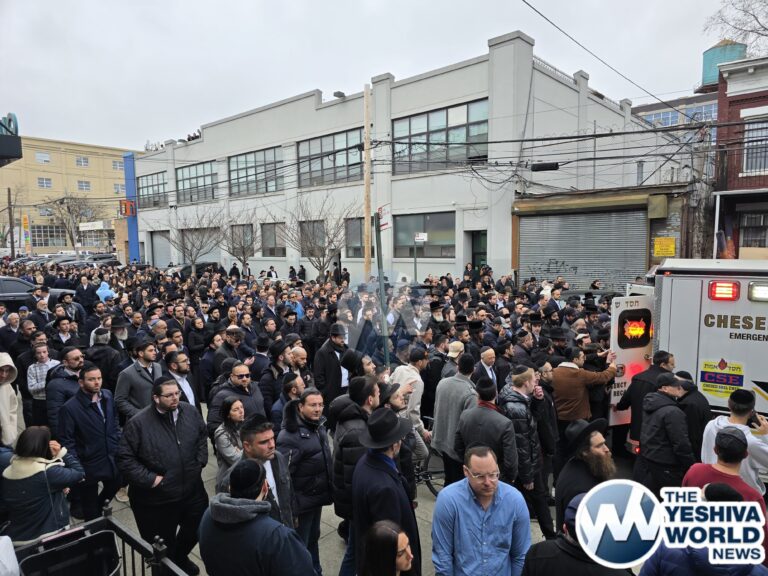
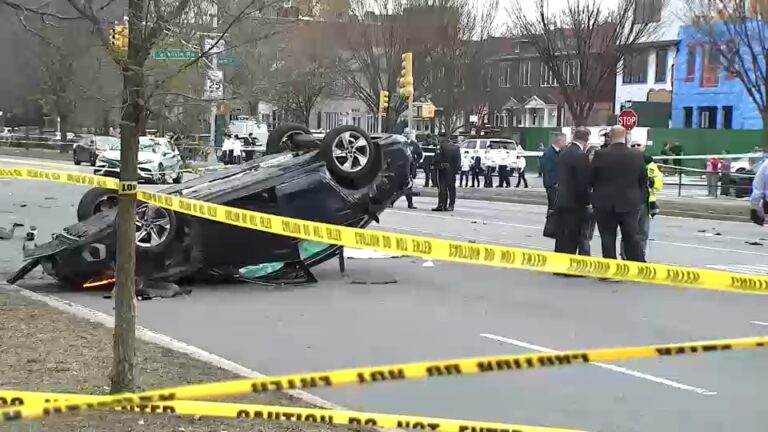
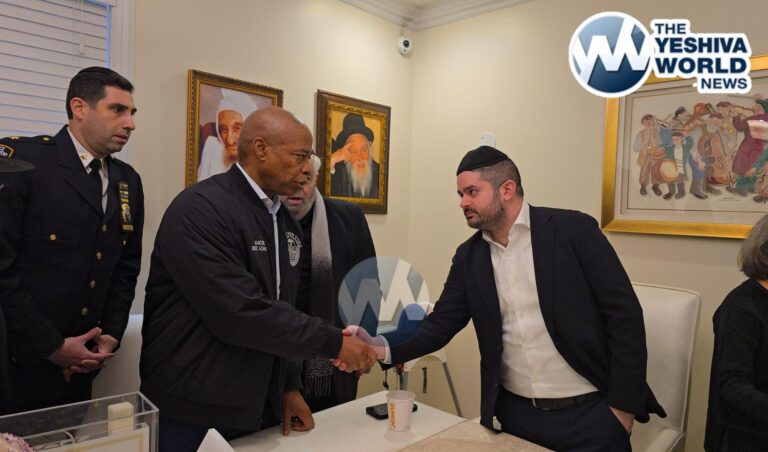
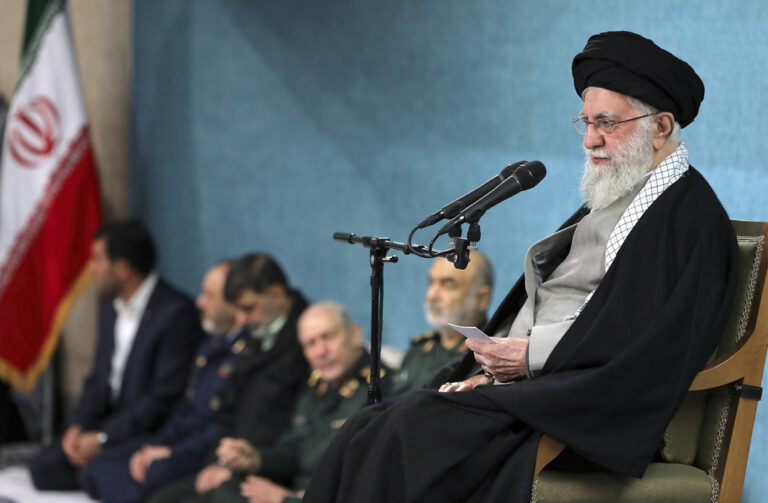
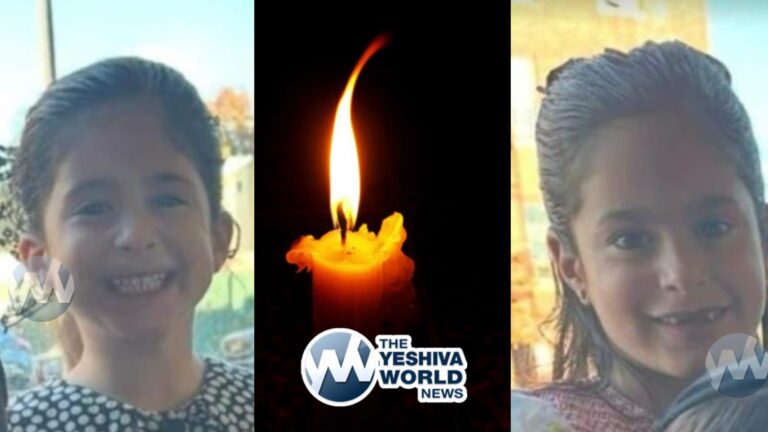
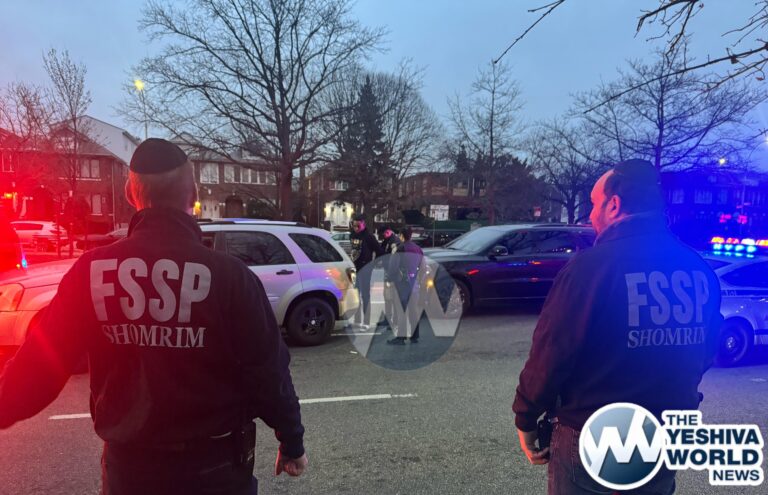

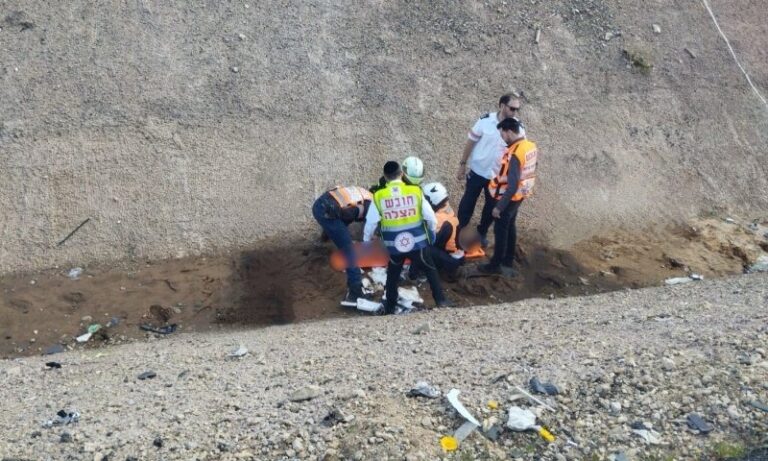
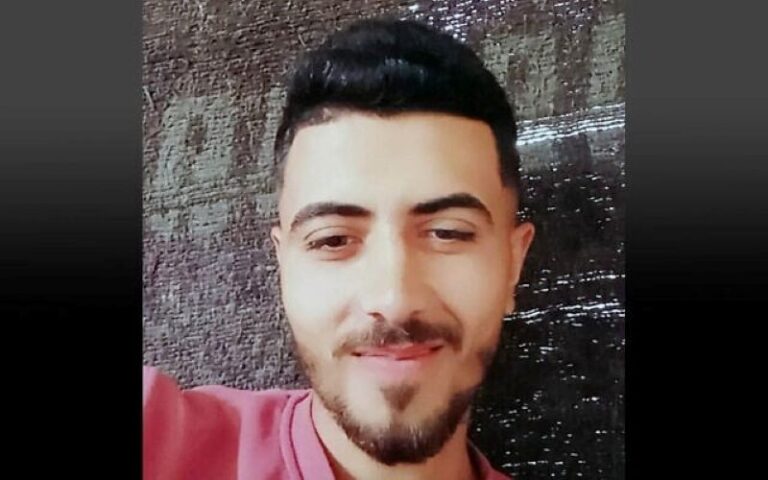
4 Responses
If the court merely feels there’s no wrongdoing, then j understand. But if the IDF is actively objecting, then they’ve probably go something to hide.
Unless there is any indication he didn’t die at the time (i.e. someone reported seeing him alive subsequently), the Medinah is correct on any sort of legal theory, Jewish or secular. The worst that happens is the body got switched with the one next to it, but after 40 years it doesn’t make much difference. While some cultures like to dig up old graves, our culture (meaning halacha and tradition) do not. The people need to get used to the idea that he died 40 years ago.
Moshiach must be coming, akuperma agree with “the Medinah.”
#1- Tens of thousands of soldiers have given their lives in the defense of Israel and of the Jewish people, the great majority of them before DNA testing was available. No family ever completely heals from losing a child in battle. They learn to cope, to continue living, but the pain never goes away. Were the IDF to authorize opening the kever just because the soldier was identified and buried before DNA testing was available it would reopen the wounds of all the families whose children died in those decades. In their grief, many would surely begin to worry that perhaps their child’s body had also been misidentified. Many, many families would seek to open kvarim and terrible ogmat nefesh would be caused – and for naught. The IDF goes to great lengths to identify and to bring its soldiers to kever yisrael. The IDF does not refuse to conduct further investigations where there is some concrete doubt as to the identification, which can certainly happen when people die in battle, vd”l. But for the sake of the well-being of the families of its fallen soldiers it cannot open a kever just because the identification was done prior to the availability of DNA testing. And one more thing. Many of the fallen soldiers were married at the time of their deaths. Their wives were declared almanot and permitted to remarry. Casting a doubt on the identification process would cause terrible ogmat nefesh and injustice to the almanot. This is the big picture that the IDF must consider. Shame on you for your mindless slander.